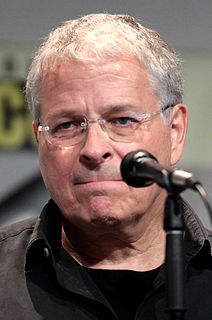A Quote by Haruki Murakami
It's true that at the time I was fond of Kurt Vonnegut and Richard Brautigan, and it was from them that I learned about this kind of simple, swift-paced style, but the main reason for the style of my first novel is that I simply did not have the time to write sustained prose.
Related Quotes
The irony is that we're really good at comedy in Britain, but for some reason, we make very few comedy films. And when we do, they're either quite American in style, or very Richard Curtis. And I like Richard Curtis, but I think only Richard Curtis should write Richard Curtis films, and other people should try and find their own style.
Many young people today do not concern themselves with style. They think that what one says should be said simply and that is all. For me, style - which does not exclude simplicity, quite the opposite - is above all a way of saying three or four things in one. There is the simple sentence, with its immediate meaning, and then at the same time, below this immediate meaning, other meanings are organized. If one is not capable of giving language this plurality of meaning, then it is not worth the trouble to write.
I am not attracted to writers by style. What style do Dickens, Grass, and Vonnegut have in common? How silly! I am attracted to what makes them angry, what makes them passionate, what outrages them, what they applaud and find sympathetic in human beings and what they detest about human beings, too. They are writers of great emotional range.





































